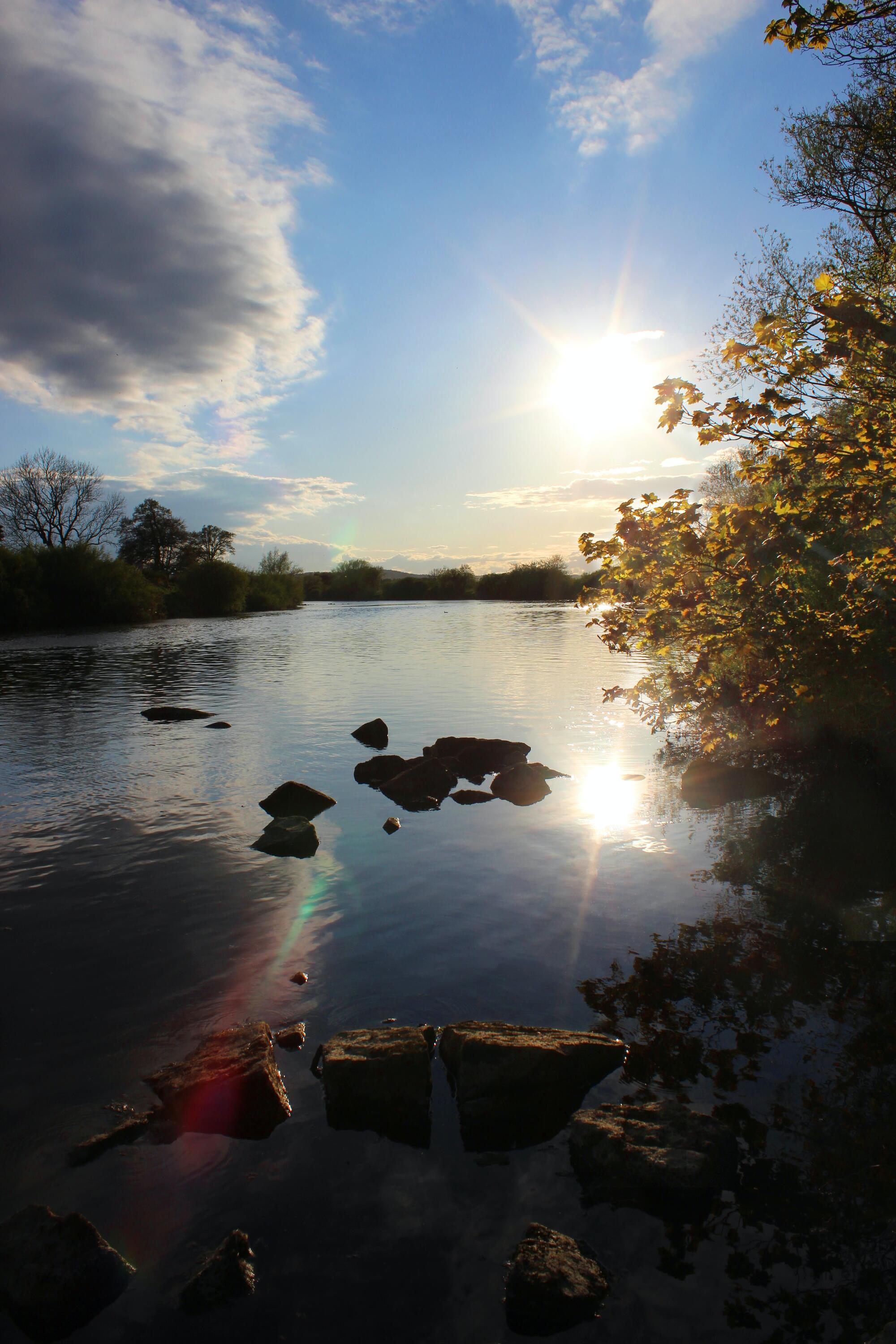New study develops research agenda to advance scientific understanding of solar geoengineering and its potential to cool earth
Waterloo researcher part of interdisciplinary committee releasing new report “Reflecting Sunlight: Recommendations for Solar Geoengineering Research and Research Governance
Waterloo’s Juan Moreno-Cruz is a member of the National Academies of Sciences, Engineering, and Medicine(NASEM) committee who developed the report on Solar Geoengineering (SG). Juan is a Professor in the School of Environment, Enterprise and Development and a member of Waterloo’s Interdisciplinary Centre on Climate Change (IC3).
The report examines the current understanding of the potential risks and benefits of three proposed SG strategies and makes recommendations for how to establish a research program, a research agenda, and mechanisms for governing this research.

The NASEM committee was asked to develop a research agenda to advance the scientific understanding of SG and recommend how SG research should be governed. The committee focused on three particular SG strategies--Stratospheric Aerosol Injection (SAI), Marine Cloud Brightening (MCB), Cirrus Cloud Thinning (CCT). The committee was comprised of interdisciplinary experts, as is evident in the resulting research agenda.
“Solar Geoengineering technologies are viewed by some as a potential strategy to reduce surface temperatures and potentially ameliorate some risks posed by climate change” explains Juan. “But these strategies are controversial within and beyond the climate science community. There is a lot we don’t know about it yet. This report is a step towards a US research program for solar geoengineering to help us understand its potential for cooling earth and reducing some of the risks of climate change—and to understand any potential harmful impacts of these technologies on society and the environment.”
This study will support the development of a research agenda and research governance approaches for climate intervention strategies that reflect sunlight to cool Earth. This work will also help to inform research governance mechanisms at international, national, and sub-national scales.
“Solar Geoengineering technologies are viewed by some as a potential strategy to reduce surface temperatures and potentially ameliorate some risks posed by climate change” explains Juan. “But these strategies are controversial within and beyond the climate science community. There is a lot we don’t know about it yet. This report is a step towards a US research program for solar geoengineering to help us understand its potential for cooling earth and reducing some of the risks of climate change—and to understand any potential harmful impacts of these technologies on society and the environment.”
For more information on the report and project please visit: https://www.nationalacademies.org/our-work/developing-a-research-agenda-and-research-governance-approaches-for-climate-intervention-strategies-that-reflect-sunlight-to-cool-earth